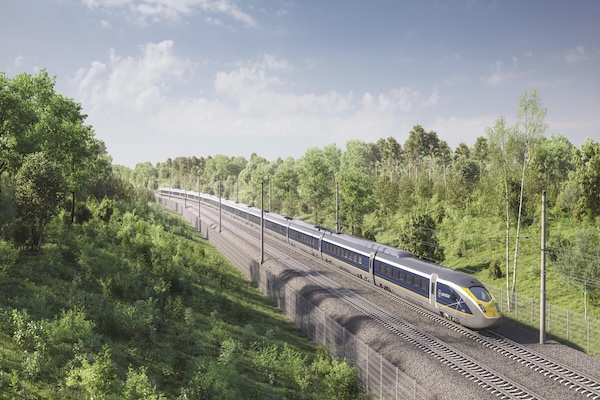Eurostar embarks on a significant expansion plan, intending to introduce new trains and routes as part of its growth strategy.
- The high-speed rail service is planning to increase its fleet by a third, with an order for 50 new trains in progress.
- Eurostar is contemplating new international routes, adding to their current services between London, Paris, Amsterdam, and Brussels.
- The company has merged with Thalys, creating Eurostar Group, expanding its reach across France, Belgium, the Netherlands, and Germany.
- Challenges such as new EU biometric border checks are anticipated, but Eurostar is proactively preparing for seamless passenger transitions.
Eurostar, the high-speed rail service, is set to expand its operations significantly, aiming to enhance its fleet by a third with the acquisition of 50 new trains. The company is currently in discussions with train manufacturers to replace aging rolling stock, reflecting a forward-thinking approach to modernisation.
The introduction of new services is under consideration, potentially opening up additional routes from London to various European destinations. Currently, Eurostar operates routes linking London with Paris, Amsterdam, and Brussels. This expansion underscores the high demand for Eurostar’s services, as described by Chief Executive Gwendoline Cazenave, who stated that there is ‘huge demand’ for these routes.
Eurostar’s recent merger with Thalys in 2022 has resulted in the formation of the Eurostar Group, a strategic move to consolidate services and extend reach across France, Belgium, the Netherlands, and Germany. This merger positions Eurostar as a formidable player in the European rail market.
St Pancras and Paris Gare du Nord, key stations in Eurostar’s network, are expected to undergo significant redesigns to accommodate the expanded fleet and increased passenger numbers. This infrastructure development is crucial in response to the new EU biometric border checks anticipated this year. Cazenave has expressed confidence in managing these changes efficiently.
Further illustrating Eurostar’s competitive landscape, Getlink, the Channel Tunnel operator, indicated interest from multiple companies, including Virgin Group and a Dutch start-up, Heuro, in launching new cross-European services. Eurostar’s expansion comes at a time of growing interest in the lucrative cross-Channel rail market.
Eurostar’s bold expansion strategy marks a new chapter in connecting London with more European cities, reinforcing its commitment to high-speed rail travel.

